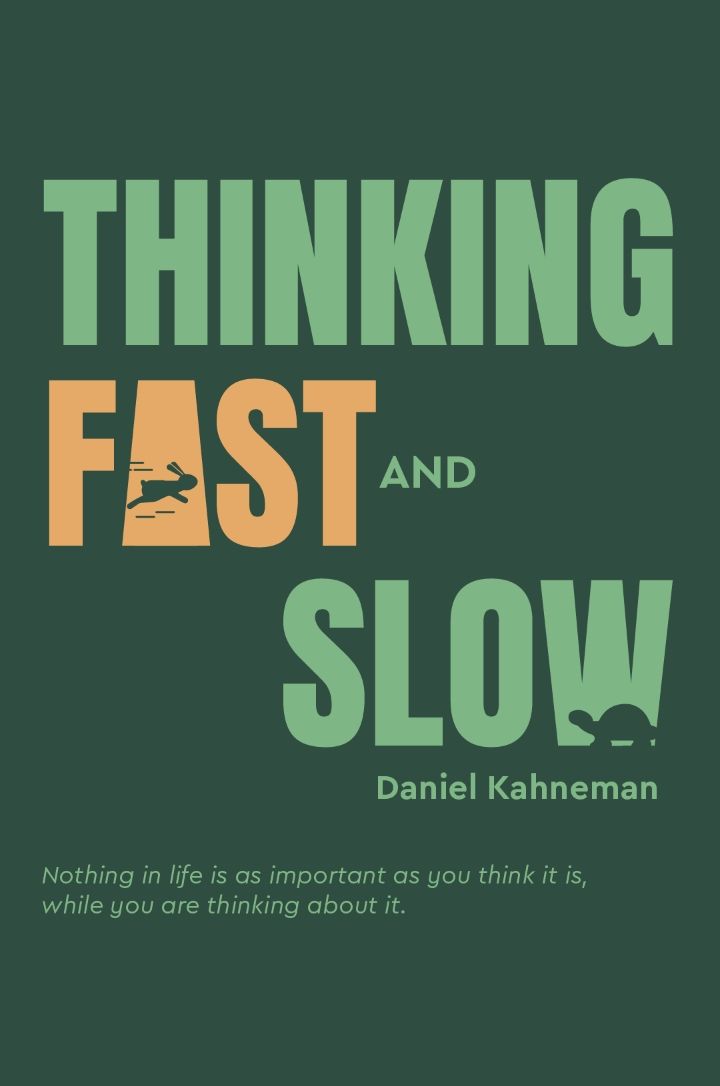The fundamental attribution error is the tendency to attribute others’ behaviors to internal factors while ignoring external factors from "summary" of The Handbook of Social Psychology by Daniel Todd Gilbert,Susan T. Fiske,Gardner Lindzey
The fundamental attribution error is a common cognitive bias that affects how individuals perceive and interpret the behavior of others. This error occurs when people tend to attribute the actions of others to internal traits or characteristics, such as personality or disposition, while ignoring or underestimating the role of external factors, such as situational context or environmental influences. For example, if someone sees a person behaving rudely towards a cashier at a store, they may assume that the individual is inherently rude or hostile, without considering the possibility that the person may be having a bad day, facing significant stress, or dealing with personal issues that are influencing their behavior. This tendency to focus on internal factors and overlook external circumstances can lead to misunderstandings, misjudgments, and unfair evaluations of others. The fundamental attribution error is rooted in the concept of social perception and the ways in which people make sense of the world around them. When individuals observe the actions of others, they often rely on cognitive shortcuts and heuristics to quickly form judgments and explanations for why people behave the way they do. In many cases, this can lead to oversimplified and inaccurate attributions that do not fully capture the complexity and nuances of human behavior. It is important to be aware of the fundamental attribution error and its potential impact on our interactions with others. By recognizing our tendency to overemphasize internal factors and neglect external influences when evaluating the behavior of others, we can strive to adopt a more balanced and nuanced approach to understanding people's actions. This can help us avoid stereotyping, prejudice, and unfair judgments, and promote more accurate and empathetic interpretations of human behavior.Similar Posts
Recognize the importance of body language in communication
Understanding the significance of body language in communication is crucial in our day-to-day interactions with others. Body la...
Build trust and credibility through clear and honest communication
Establishing trust and credibility is essential in any form of communication. One of the most effective ways to achieve this is...
Man is a complex being
Man is not a simple being. His nature is intricate and mysterious. His body is composed of numerous cells, tissues, and organs ...

Multitasking impairs performance
When we try to do multiple things at once, our brains struggle to keep up with all the demands. This is because our brain is no...

WYSIATI What You See Is All There Is
The mind that we see in ourselves is not all there is. We are blind to flaws in our reasoning. WYSIATI - what you see is all th...
Knowledge is based on experience
According to the philosopher David Hume, knowledge is ultimately derived from our experiences. He posits that our understanding...

Representativeness bias leads to stereotyping
Representativeness bias is a cognitive shortcut that leads us to make judgments based on how closely an object or event resembl...

Confirmation bias reinforces existing beliefs
Confirmation bias occurs when we seek out information that confirms our existing beliefs while ignoring or discounting evidence...
